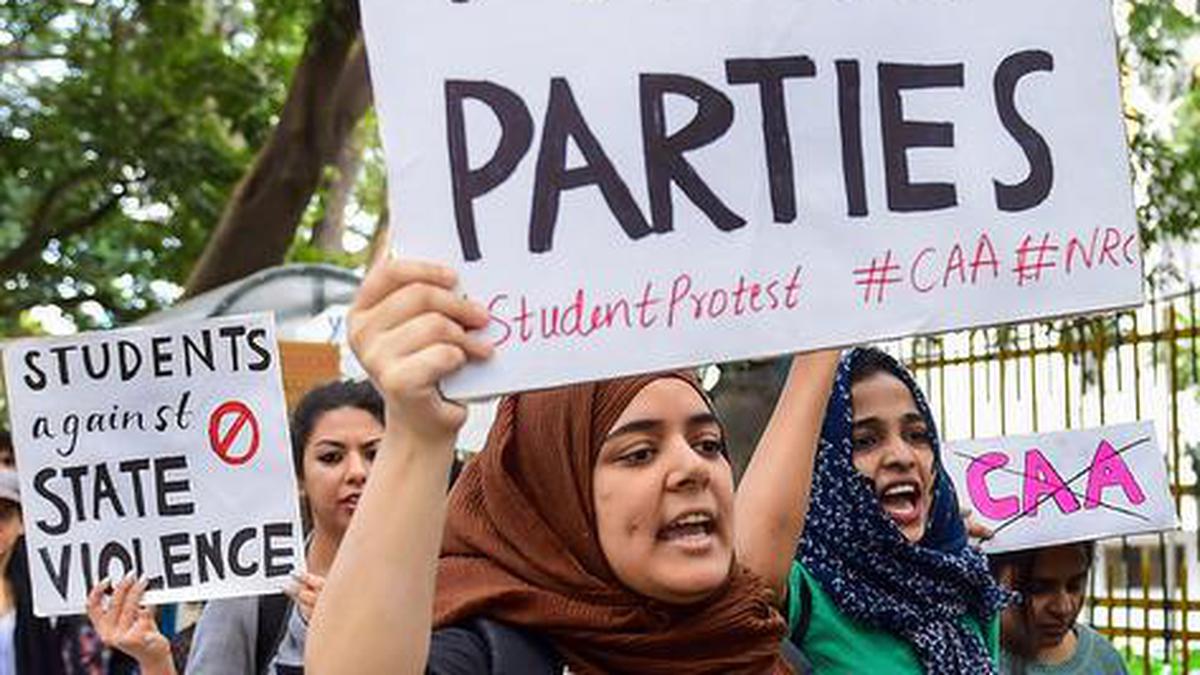This comes weeks after the Ram Temple in Ayodhya was dedicated and the Uniform Civil Code was implemented in Uttarakhand. The Center has announced the rules to expedite citizenship for undocumented non-Muslim migrants, including Hindus, Sikhs, Jains, Buddhists, Parsis, and Christians, who arrived in India from Pakistan, Bangladesh, and Afghanistan before December 31, 2014, in order to escape religious persecution.
This is more than four years after the law was passed. Union Home Minister Amit Shah has affirmed that no one’s citizenship will be revoked by the CAA, despite concerns from the Opposition and certain religious factions that the law’s implementation will exacerbate interfaith division.

Source: The Hindu
Mamata Banerjee, the chief minister of West Bengal, has vowed to vehemently oppose the Citizenship Amendment Act (CAA) if it is found to discriminate against Indian citizens or restrict their current rights as citizens.
The Supreme Court has been contacted by the Indian Union Muslim League (IUML) in an attempt to halt the enforcement of regulations that are “manifestly arbitrary and create an unfair advantage in favour of a class of persons on the grounds of religious identity.
Source: CNBC – TV 18
“Protests broke out around the nation in response to the Citizenship Amendment Bill’s enactment by Parliament in December 2019 and the president’s approval that followed. Notwithstanding the fact that Muslim minority communities have experienced persecution in India’s neighbouring countries, the law has come under controversy for excluding Muslims from its purview.
Additionally, there are worries that Muslim refugees in India may be singled out as “illegal migrants.” The responsibility is with the Centre to persuade different stakeholders—especially those in bordering states like West Bengal and Assam—that the law isn’t intended for political or electoral purposes, but rather to filter out infiltrators and expedite the process of granting citizenship.
What do you think about this? Comment below.

